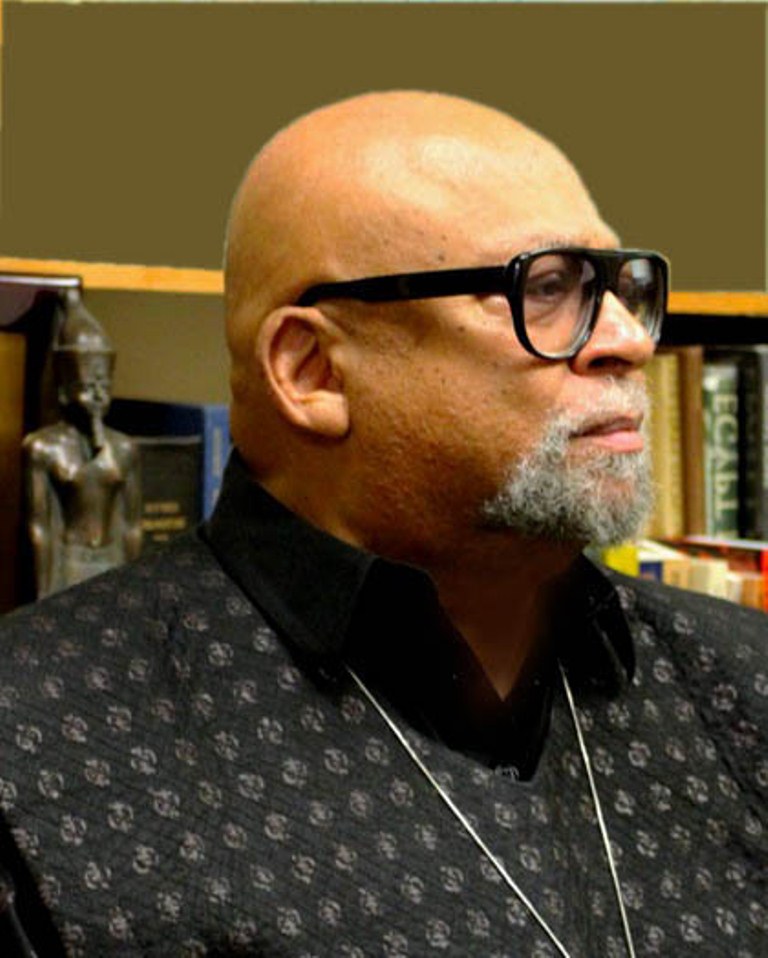
Celebrating Us: The tradition, significance, and evolution of Kwanzaa
There is a period during the holiday season dedicated to African Americans; Kwanzaa—defined as “first” in Swahili— is known among all ethnicities. Highlighting African heritage, Kwanzaa carries the salt of a culture unearthed and conditioned, allowing new thoughts of deep reflection on the origins of the collective community.









